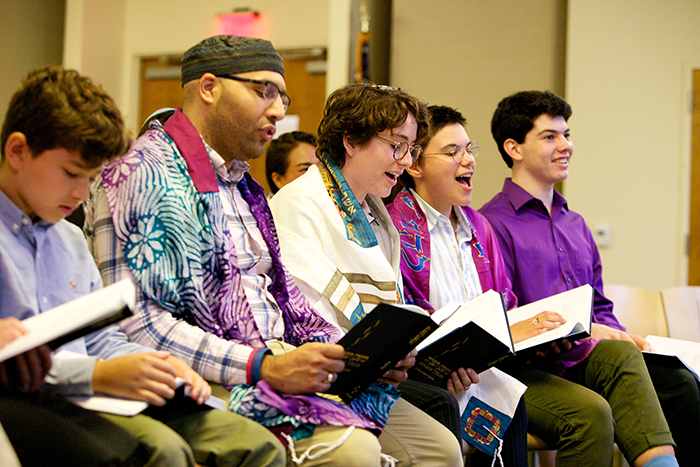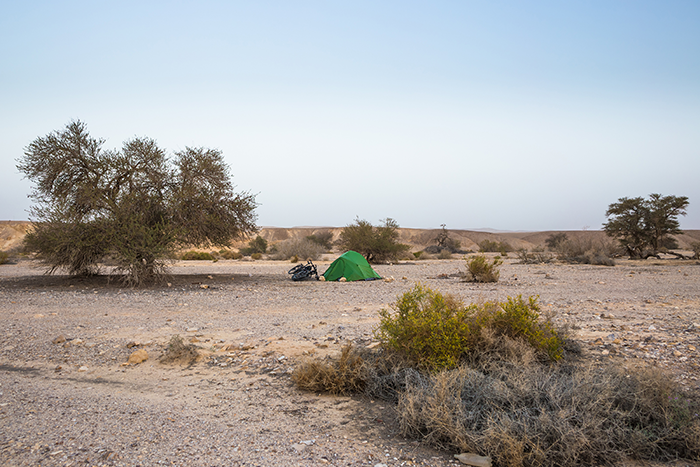D’varim: Embracing Contradiction
As an introduction , Parashat D'varim reads like a travelogue--or a particularly boring slideshow of someone's family trip. Moses recounts, in detail, the various stages of the Israelites' journey from Sinai to this moment, leaving out some of the most interesting events.









